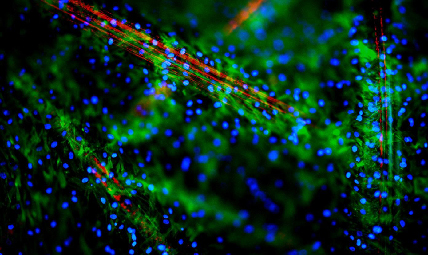Horizon Discovery Group plc (LSE:HZD), an international life science company supplying research tools and services that power genomics research and the development of personalized medicines, and DefiniGEN Ltd, a leading provider of stem cell products and services, today announced their collaboration to develop a range of unique, gene-engineered iPS (induced pluripotent stem)-based cell lines for use in research.
Under the terms of the agreement, Horizon will perform genome engineering on the iPS cells, which will then be differentiated by DefiniGEN. The project will initially focus on generation of ten iPS-based cell lines for research in areas that currently lack high quality disease models. The resulting cell lines will be cultured, differentiated and quality controlled by DefiniGEN to ensure that scientists receive uniform cell populations suited to their experiments, alongside an isogenic control. The cell line reagents will be available through DefiniGEN and co-marketed by Horizon.
These next-generation iPS cell products will help to improve the efficiency and economics of drug development, and enable the underlying mechanisms of disease to be elucidated in a manner that has previously not been possible.
Dr Marcus Yeo
The partnership, formed to enable customers to exploit the power of genome editing in iPS cells, is made possible through Horizon’s deep expertise in gene editing, and DefiniGEN’s world-leading iPS cell-derived human cell production and metabolic disease modelling capabilities.
Dr Paul Morrill, President, Products Business, Horizon, said: “Genome editing is now being applied to the generation of iPS disease models, creating an entirely new suite of research tools, enabling customers to ask important biological questions that were not easily addressed previously. We look forward to partnering with DefiniGEN on this project and developing a powerful suite of new tools.”
Dr Marcus Yeo, CEO, DefiniGEN, commented: “These next-generation iPS cell products will help to improve the efficiency and economics of drug development, and enable the underlying mechanisms of disease to be elucidated in a manner that has previously not been possible.”
Photo credit: Human mesenchymal stem cells attached to fibrin (5 mg/mL) within a porous network of ferritic stainless steel intended for implant coatings. The image was taken with a confocal laser scanning microscope. Courtesty Creative Commons via Flickr, by Rose Spear.











